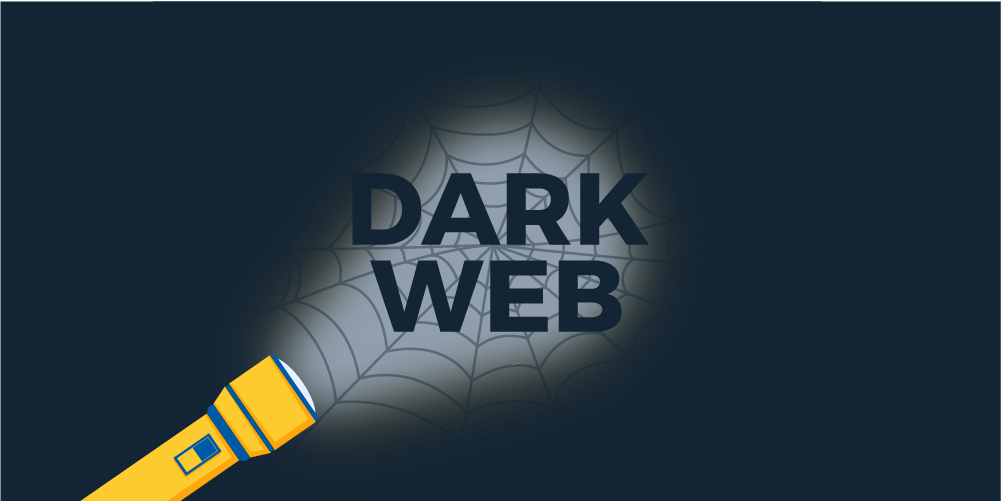The Hidden Wiki is a prominent and controversial aspect of dark net culture, serving as a directory for various hidden services that operate on the Tor network. Established around 2011, the Hidden Wiki gained notoriety as a comprehensive guide to the hidden corners of the internet, where users can find everything from illicit marketplaces to forums discussing privacy, hacking, and even more benign topics. The allure of the Hidden Wiki lies in its promise of anonymity and the vast array of content it offers, catering to users seeking information that is often censored or restricted on the surface web. However, its role is not without controversy; it has become synonymous with illegal activities, such as drug trafficking, arms sales, and the dissemination of hacking tools. The Hidden Wiki’s structure mimics that of traditional wikis, allowing users to add and edit links, which results in a constantly evolving resource. This open-editing format contributes to the wiki’s dynamic nature but also poses challenges regarding the reliability and legality of the links it contains.

Many links lead to marketplaces where illicit goods and services are exchanged, often using cryptocurrencies to facilitate transactions, further entrenching the connection between the Hidden Wiki and the darker aspects of online commerce. The anonymity afforded by the Tor network attracts not only those looking to evade law enforcement but also individuals who seek to express themselves freely in an environment that may not tolerate dissenting views. Critics of the Hidden Wiki argue that it fosters a culture of criminality and encourages dangerous behavior, pointing to its role in facilitating human trafficking, drug abuse, and other illicit activities. Law enforcement agencies around the world have made significant efforts to crack down on the activities associated with the Hidden Wiki, resulting in numerous arrests and the seizure of websites linked to criminal enterprises. Despite these efforts, the wiki continues to thrive, fueled by a culture that values anonymity and privacy above all else.
The ongoing struggle between law enforcement and the dark net community reflects broader societal tensions regarding freedom of speech, privacy rights, and the potential for abuse in an unregulated online environment. Supporters of the hidden wiki contend that it serves a vital purpose in a world increasingly characterized by censorship and surveillance. They argue that it provides a platform for individuals to share information freely, particularly in oppressive regimes where access to information is limited. This perspective frames the Hidden Wiki not merely as a haven for criminal activity but as a necessary space for those seeking refuge from governmental overreach and societal norms. The dichotomy between these viewpoints highlights the complex nature of the dark net and its cultural significance in contemporary society. Ultimately, the Hidden Wiki embodies the tension between anonymity and accountability, serving as both a resource for information and a catalyst for illicit activities, reflecting the dual nature of the internet itself—a space that can both empower and endanger its users.
